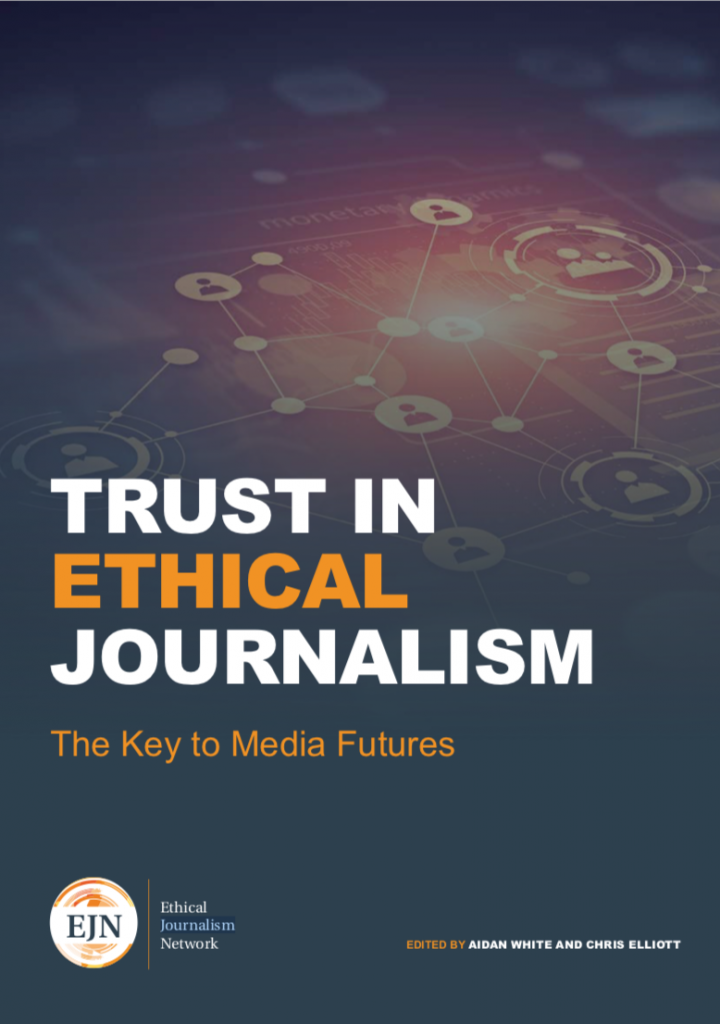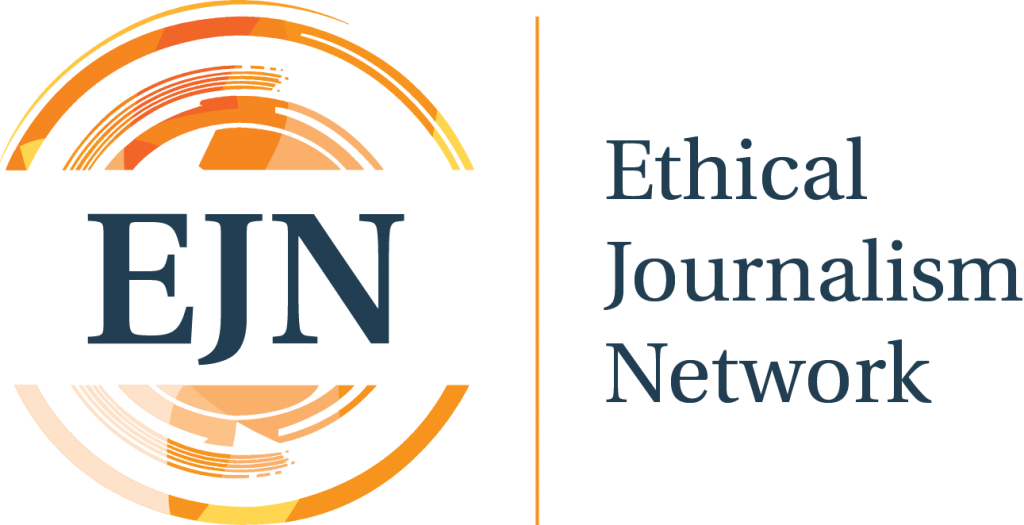Article courtesy of the Ethical Journalism Network | Originally published 18 May 2018
In the wake of ESPN and others dumping their internal ombudsmen, Chris Elliott argues that ombudsmen can play a vital role in building trust with audiences and therefore securing the future of journalism. Their existence is a sign of strength, not weakness.
By Chris Elliott, Director, Ethical Journalism Network
Pete Vernon, writing in a recent Columbia Journalism Review newsletter, asked whether the public really cared about the loss of public editors?
He did so in the wake of the announcement by ESPN, the US sport and entertainment channel, that it would “discontinue the role”. The reason?
ESPN said: “While ESPN has valued the input and dedication shown by everyone who held the position, we too have seen how access to the Internet and its social platforms has created a horde of watchdogs who communicate directly with us to share observations and questions.”
The role of the public editor is one manifestation of the term ombudsman, a figure within a news organisation to whom readers or views or listeners can turn with their complaints and concerns about the output of the news organisation. The ombudsman should then without fear or favour come to a conclusion about the rights and wrongs of the matter. It is a tricky job.
While the role is thought to have originated in Japan there is little argument that it was in the US that it really came into its own. At one time 20 years ago there were more than 40 in the US, I think. Alas, no more.
As the ESPN statement made clear it is not the first news organisation to ditch the role. Both the Washington Post and New York Times have done so in the last few years for similar reasons – social media now acts as the forum for challenge.
At the Guardian where a similar position has existed for the last 20 years, it is known as the readers’ editor and flourishes. Alan Rusbridger, the then editor, created it, after a trip to the US where he was convinced that such a role was a sign of a newspaper’s maturity. Newspapers make mistakes. We all know that. Let’s admit it.
Chris Elliott speaking in 2015 when he was readers’ editor of the Guardian.
As the former readers’ editor of the Guardian for nearly six years and now the director of the Ethical Journalism Network you won’t be surprised to hear that I strongly believe that there is still a very important role for the public editor or ombudsman.
However, it is important to be clear what the best of those positions are: someone who, in the words of the terms of reference of the Guardian readers’ editor, is there “to collect, consider, investigate, respond to, and where appropriate come to a conclusion about readers’ comments, concerns, and complaints in a prompt and timely manner, from a position of independence within the paper”. Independence is absolutely key to the success of such a role but often very hard for news organisations to live with.
I think good ombudsmen and women are not just there to correct mistakes, they are also a crucial bridge between the newsroom and the readers, users, viewers and listeners. Just being there should give the very people upon whom a news organisations relies – for ease let’s call them the readers – confidence that the organisation upholds a set of values.
The role becomes part of the character of an organisation and in tough times has often as big a role to play as an editor in responding to readers’ concerns. Social media is an extraordinary tool but it is just that, a tool, not a set of values. Certainly, 50 scientists can tell you on twitter that you have got your Becquerel’s mixed up with your millicuries but someone should be there to explain how it happened, correct and make sure it is noted.
“I think good ombudsmen and women are not just there to correct mistakes, they are also a crucial bridge between the newsroom and the readers, users, viewers and listeners”
When you use a picture of a child in circumstances where scores of readers think that you should not, someone within the organisation should have the confidence and the authority to take that up with editors and reporters and then explain why it happened and whether it was consistent or inconsistent with the values of the organisation. The arguments that the ombudsman deploys resonate as much internally as well as externally. If the arguments are any good they may well lead to a healthy discussion and change, either collectively or individually among the staff.
There has been much debate about the restoration of trust in journalism recently. Indeed, some caution has been expressed about identifying trust as key to the future of journalism. In a digital age some readers appear to blindly ‘trust’ many sites that lack a clear evidential basis for the stories they use. However, that confuses ‘belief’ based on an underlying prejudice, eagerly seeking what you want to believe wherever you may find it, with the patient development of trust by a sceptical mind, which tests the work and behaviour of news sources over time and then decides on past history whether to trust that source or not.
We at the EJN think ombudsmen can play a vital role in building that trust and therefore securing the future of journalism. Their existence is a sign of strength, not weakness.
 Chris Elliott became the director of the Ethical Journalism Network in April 2018, having taken over from the organisation’s founder, Aidan White, when he stepped down in April 2018.
Chris Elliott became the director of the Ethical Journalism Network in April 2018, having taken over from the organisation’s founder, Aidan White, when he stepped down in April 2018.
From 2010 until March 2016 Chris Elliott served as the readers’ editor at The Guardian having been appointed managing editor in February 2000. Chris has worked as the home affairs correspondent for the Sunday Telegraph, chief reporter for the Sunday Correspondent and assistant news editor for the Times.
The Ethical Journalism Network is a valued partner of the Public Media Alliance.
For more from the EJN read:
